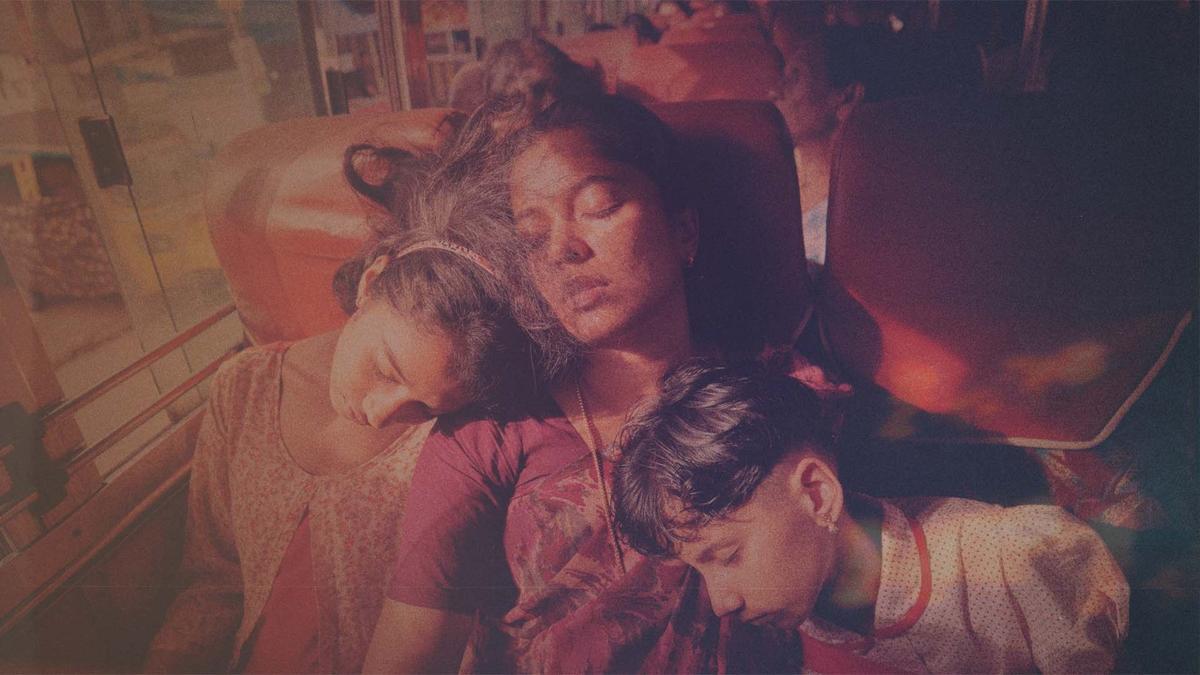Now Reading: Malayali Filmmaker Kunjila Mascillamani Joins TIFF Directors’ Lab with ‘Guptam’, Highlights Challenges for Women in Cinema
-
01
Malayali Filmmaker Kunjila Mascillamani Joins TIFF Directors’ Lab with ‘Guptam’, Highlights Challenges for Women in Cinema
Malayali Filmmaker Kunjila Mascillamani Joins TIFF Directors’ Lab with ‘Guptam’, Highlights Challenges for Women in Cinema

Fast Summary
- Film Introduction: Kunjila Mascillamani’s upcoming film Guptam (The Last of Them Plagues) has garnered global attention, featuring in the Toronto International Film Festival (TIFF) Directors’ Lab and selected for the Asian Project Market at Busan international Film Festival.
- Plot and Themes: Set in 1999 in Kunalmakulam, Thrissur district, Guptam follows a single working mother searching for her mysteriously missing daughter. The story addresses societal judgments against her as an outsider accused of “god’s wrath.”
- Director’s Vision: Inspired by her resilient mother, Mascillamani calls women “accidental revolutionaries” and credits Guptam as a tribute to their struggles.
- global Recognition: Her previous works include Asanghadithar, part of the anthology film Freedom Fight, which highlights challenges faced by women laborers. It received Special Jury Mention at the 2023 Kerala State Film Awards.
- Industry Commentary: Mascillamani critiques sexism in Malayalam cinema that limits merit-based opportunities, opting instead for international co-productions. She recalls controversies like being detained during protests over clarity issues at Kozhikode’s Women’s Film Festival.
- Creative Collaborations: Collaborators include Jeo Baby (The Great Indian Kitchen) and actress-producer Kani Kusruti; both share long-standing professional ties with the filmmaker on various projects like Mammootty-starrer Kaathal – The Core.
Indian Opinion Analysis
Mascillamani’s trajectory as a filmmaker reflects broader trends within india’s independent cinema landscape-where creative expression frequently enough grapples with entrenched systemic barriers such as gender bias and lack of institutional meritocracy. Her resort to international co-production platforms highlights how global recognition can serve as lifelines for artists marginalized within domestic markets. Films like Guptam, rooted in social critique yet exploring worldwide themes of resilience against societal judgment, have potential to amplify cultural dialogue not just regionally but globally.
Her criticism of cliques within Malayalam cinema raises valid questions about inclusivity across India’s film industries-a concern echoed by many creators seeking equitable access to mentorships or financing structures untainted by biases. If such systemic inequities remain unaddressed domestically, more filmmakers may follow similar paths toward international collaboration out of necessity rather than choice.
Read more: https://www.thehindu.com/entertainment/movies/freedom-fight-movie-malayalam/article65073181.ece
























